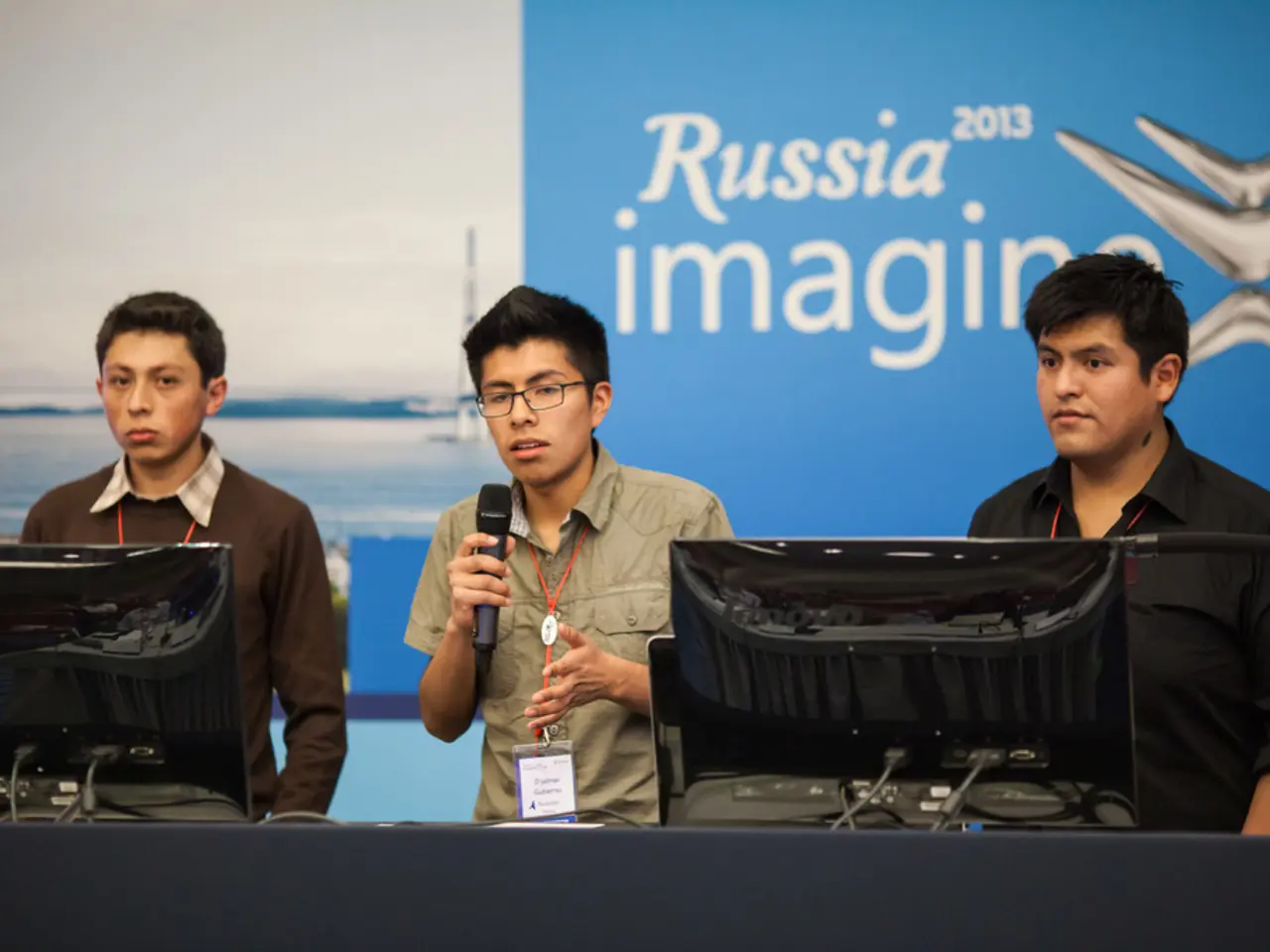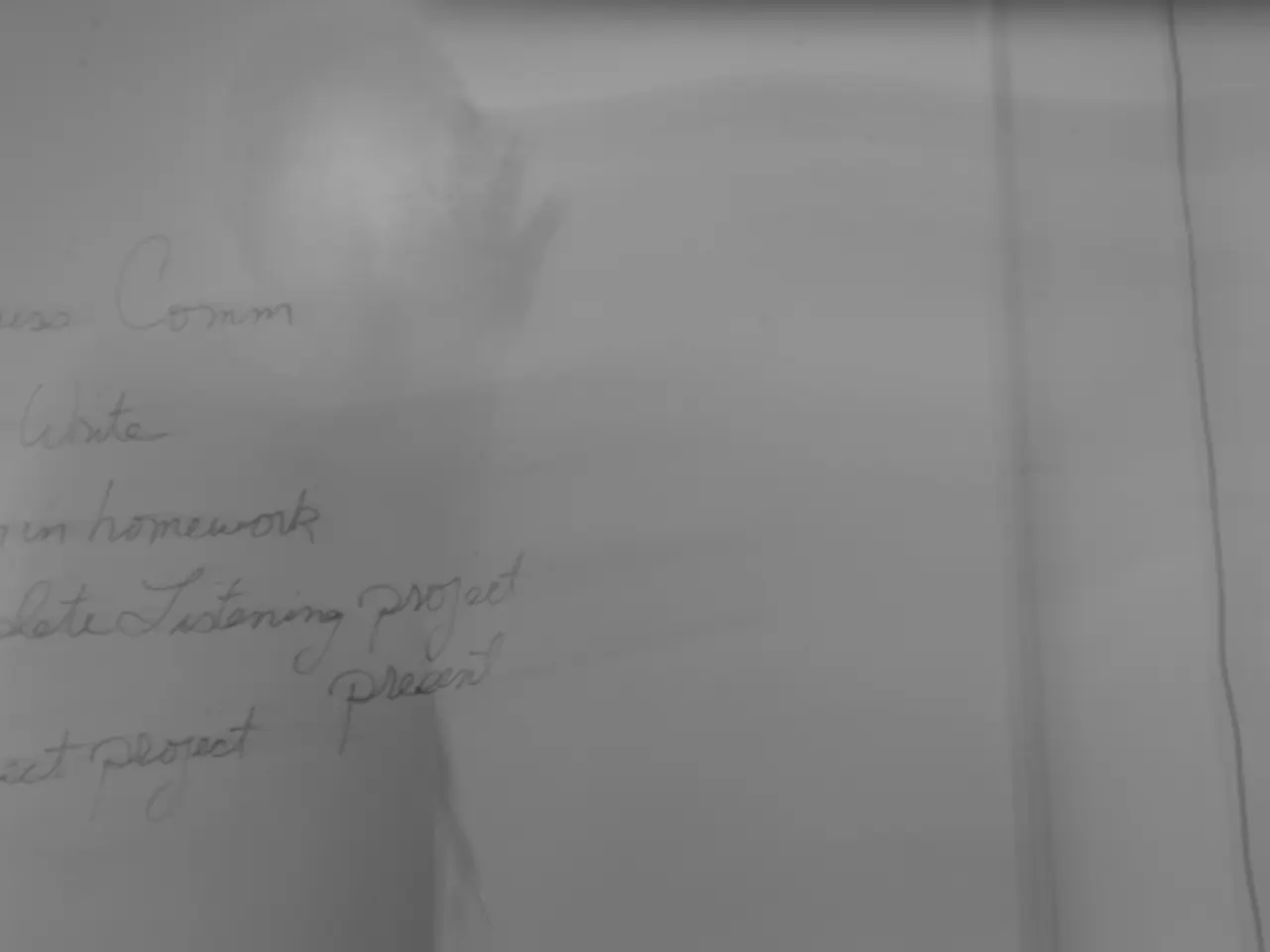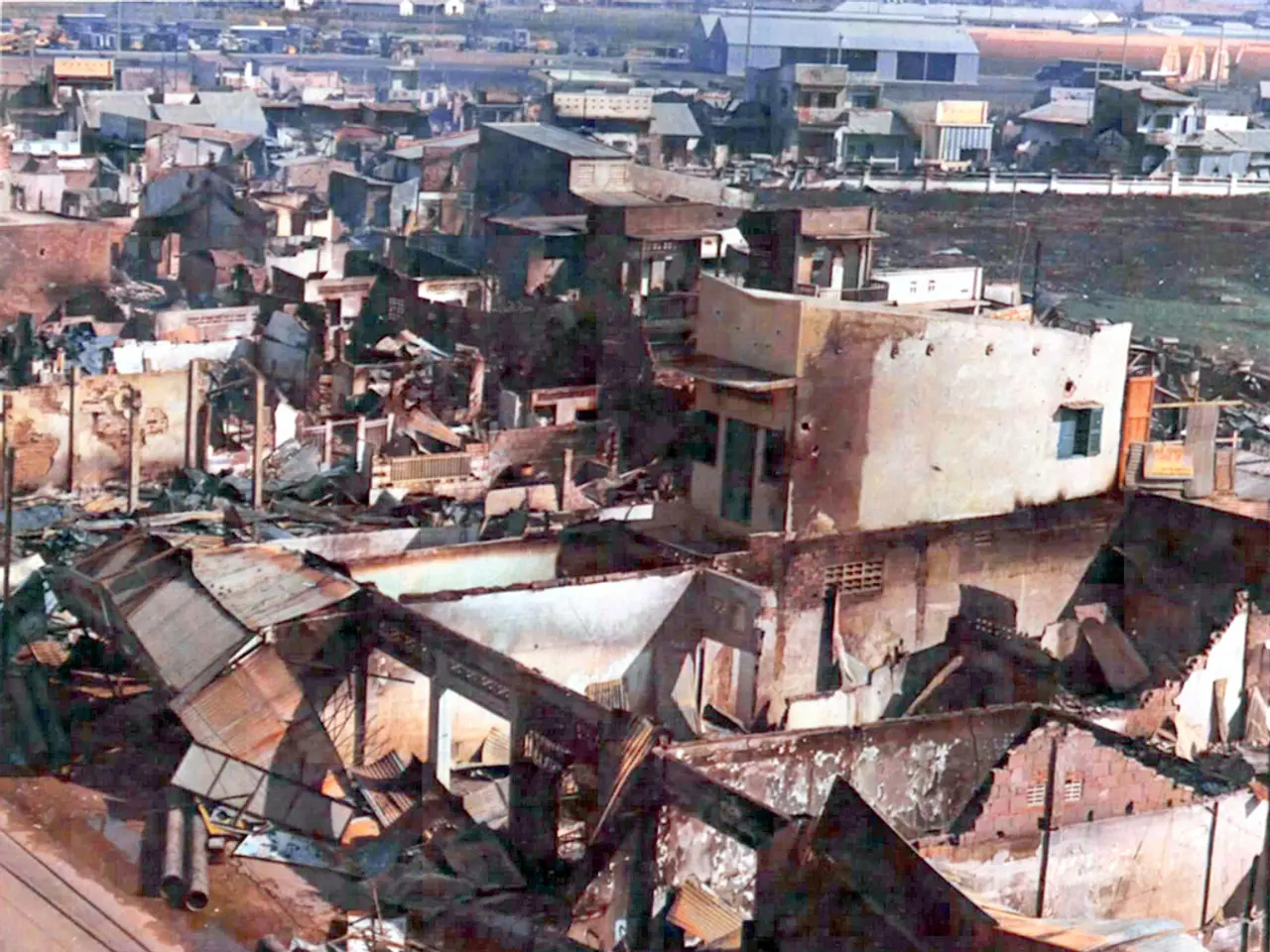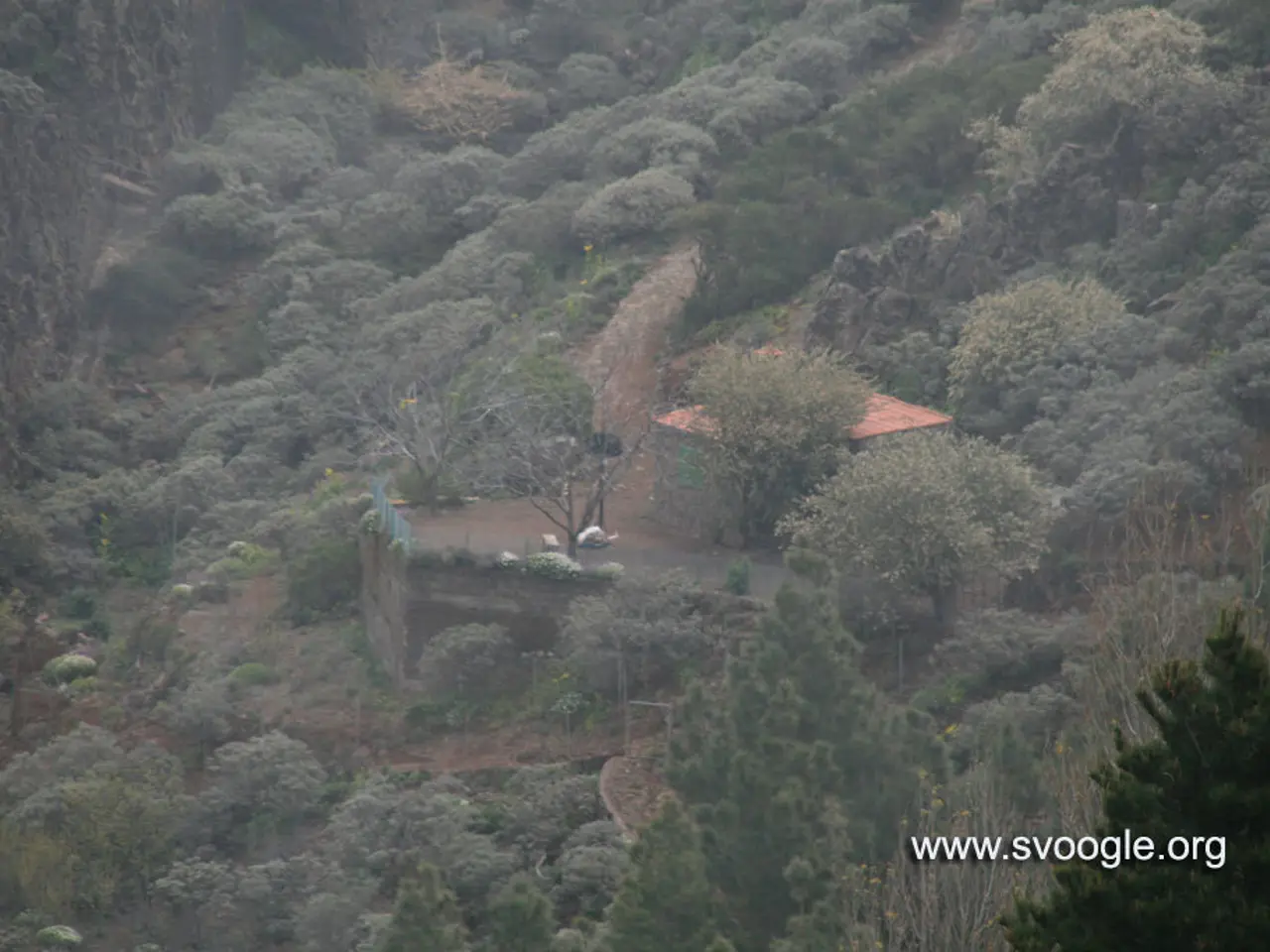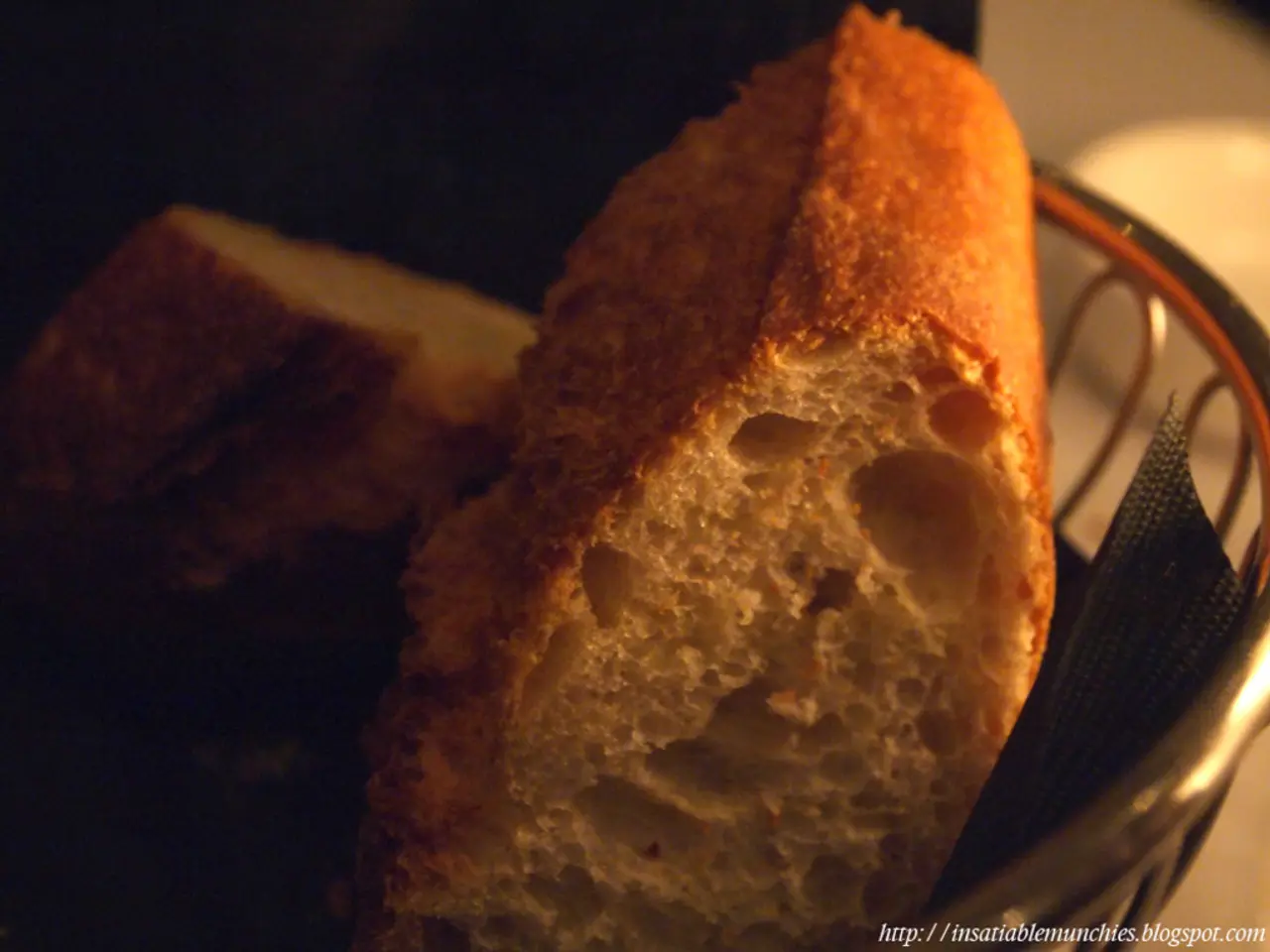Quietly resurfacing: Former Iranian Speaker Ali Larijani
In a significant diplomatic move, Iranian adviser to Supreme Leader Ayatollah Ali Khamenei, Ali Larijani, met with Russian President Vladimir Putin in Moscow on July 20, 2025. This high-level engagement underscores Russia's pivotal role in supporting and influencing Iran's nuclear negotiations and regional politics.
During the meeting, Larijani, as a senior adviser to Iran’s Supreme Leader, conveyed Tehran’s assessments of the escalating situation in the Middle East and the developments around its nuclear program directly to Putin. The Kremlin reiterated its well-known positions aimed at stabilizing the situation in the region and seeking a political settlement of the Iranian nuclear program.
The encounter occurred amid growing regional tensions, including recent attacks on Iran allegedly by Israel and ongoing nuclear talks involving Iran and European nations (UK, France, Germany). The talks aim to find a political solution to nuclear proliferation concerns and opened prospects for renewed negotiations with the E3, partially mediated by Russia’s diplomatic involvement.
The meeting signals Russia's role as a key interlocutor and power broker, balancing its support for Iran while advocating for political solutions in the face of U.S. and Israeli pressure on Tehran.
Ali Larijani, an appointee of Ayatollah Ali Khamenei and a figure with diplomatic and political heft, has been making a political comeback. His meeting with Putin is significant as it reinforces Russia’s pivotal role in backing Iran diplomatically on nuclear issues and regional tensions, while promoting political dialogue aimed at stabilizing the Middle East. It also reflects Iran’s reliance on Moscow as a strategic ally to counterbalance Western and Israeli pressures on its nuclear ambitions.
Larijani, known for his statesman-like demeanor and sense of humor, has been allied with centrist president Hassan Rouhani, attracting ire from hardliners and being disqualified from running for the presidency on two occasions. His recent well-publicized visits, such as to the Tehran Book Fair in May and to Beirut to meet with then-prime minister Najib Mikati and Speaker of the Parliament Nabih Berri, have grown his profile.
The question of who will succeed Ayatollah Ali Khamenei is becoming more pertinent, and Larijani's Moscow trip signals a political comeback and an increasingly prominent role in Iranian politics. Larijani visited China as the sitting speaker in 2019, in the company of then-foreign minister Mohammad Javad Zarif.
Iran is engaging with parties to the 2015 nuclear agreement, including France, Germany, the UK, China, and Russia. However, the European powers have threatened to use the "snapback" mechanism to re-impose UN sanctions on Iran. Russia and Iran are trying to find a diplomatic way out of the current predicament over Iran's nuclear program.
It is important to note that the Islamic Republic of Iran was founded by an anti-monarchical revolution, but it has a political aristocracy, including the Larijani family. Foreign dignitaries often make it a point to meet Ali Larijani when they visit Iran.
In conclusion, the meeting between Larijani and Putin underscores the strategic alliance between Russia and Iran and Russia's crucial role in promoting political dialogue to stabilize the Middle East and resolve concerns over Iran's nuclear program. Larijani's political comeback and growing profile suggest a shift in Iranian politics, with a focus on pragmatism and diplomacy.
- Russia's President Vladimir Putin met with Iranian adviser to Supreme Leader Ayatollah Ali Khamenei, Ali Larijani, in Moscow on July 20, 2025, highlighting Russia's role as a key interlocutor in Iran's nuclear negotiations and regional politics.
- During the meeting, Larijani delivered Tehran's assessments of the Middle East and Iran's nuclear program directly to Putin, mirroring Russia's stance on seeking political settlements.
- The meeting comes amidst increasing regional tensions, including alleged attacks on Iran by Israel and nuclear talks involving Iran and European nations.
- The talks aim to find a political solution to nuclear proliferation concerns and open prospects for renewed negotiations with the E3, partially mediated by Russia’s diplomatic involvement.
- Iran is currently engaging with countries such as France, Germany, UK, China, and Russia regarding its nuclear program, but the European powers have threatened to use the "snapback" mechanism to re-impose UN sanctions.
- Russia and Iran are trying to find a diplomatic way out of the current predicament, with Larijani visited China as the sitting speaker in 2019, in the company of then-foreign minister Mohammad Javad Zarif.
- The Islamic Republic of Iran, founded by an anti-monarchical revolution, has a political aristocracy, including the Larijani family, with foreign dignitaries often meeting Ali Larijani during their visits to Iran.
- Larijani's political comeback and growing profile suggest a shift in Iranian politics, with a focus on pragmatism and diplomacy aimed at stabilizing the Middle East and resolving concerns over Iran's nuclear program.
